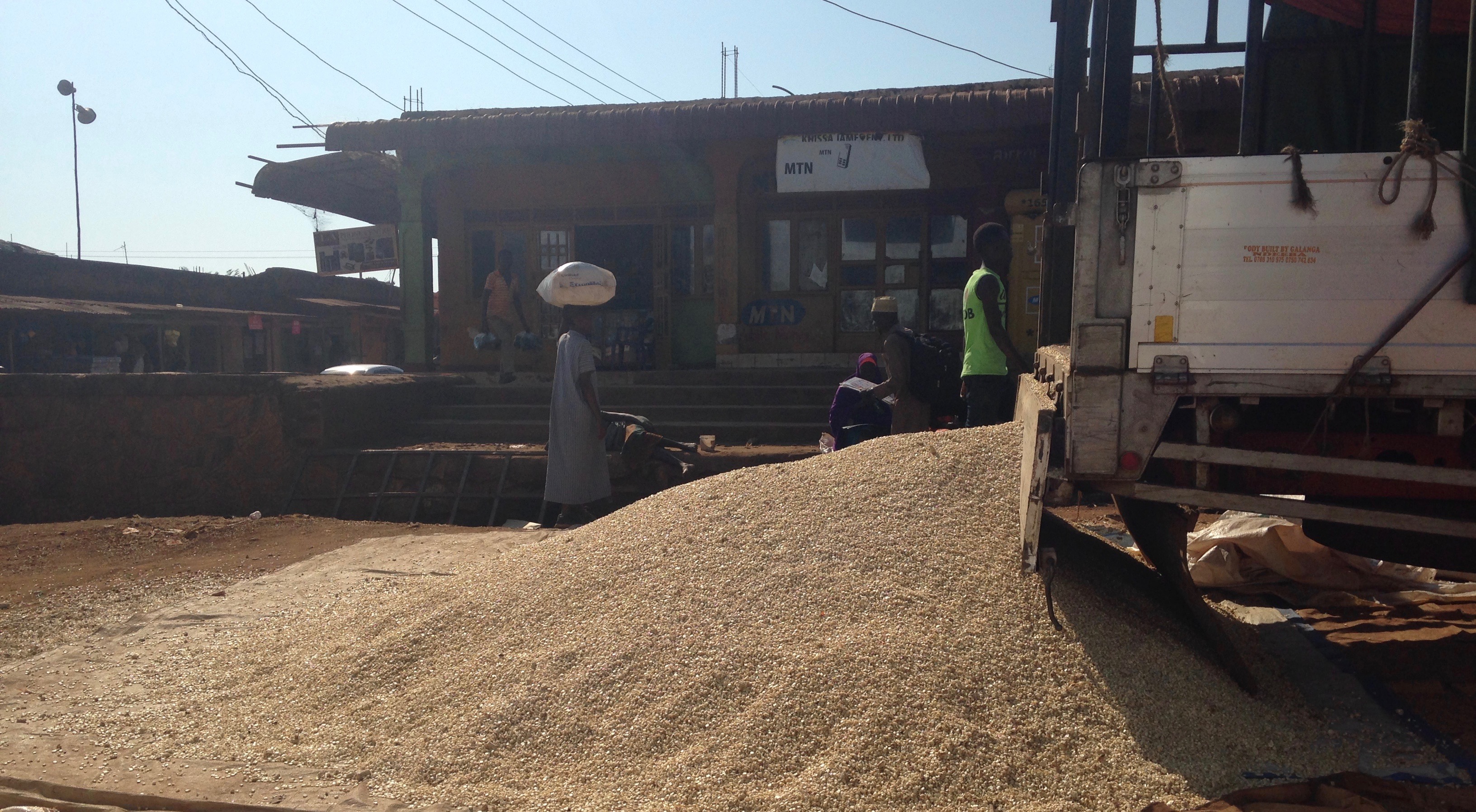
-
The Freedom to Choose: Theory and Quasi-Experimental Evidence on Cash Transfer Restrictions (with Olivier Sterck and Cory Rodgers)
Paper
Accepted in Journal of Development Economics
Should cash transfer programmes restrict consumer choice? For example, should food assistance delivered in cash be restricted to food and exclude temptation goods? Theoretically, Southworth (1945) showed that restrictions induce (1) a substitution effect away from restricted goods and (2) a negative wealth effect if transfers are extra-marginal and resale of goods is costly. The welfare impact on transfer recipients is negative. We test Southworth’s theory by exploiting a natural experiment in a refugee settlement in Kenya, where some refugees receive monthly cash transfers restricted to food while others get unrestricted cash transfers. We corroborate Southworth’s predictions empirically: restricted transfers increase participation in a shadow resale market and negatively affect non-food expenditure, temptation-goods spending, and subjective well-being. Consistent with theory, restrictions have no significant effect on food consumption. Our results show that policy-makers should avoid restrictions to maximise positive impacts on transfer beneficiaries. -
Refugee Mobilities in East Africa: Understanding Secondary Movements
With Betts, A., Omata, N., & Sterck O.
Accepted in Journal of Ethnic and Migration Studies -
Siu, J., Jackson, L. J., Bensassi, S., Manjang, B., & Manaseki Holland, S. (2021). Cost-effectiveness of a weaning food safety and hygiene programme in rural Gambia. Tropical Medicine & International Health, 26(12), 1624-1633.
Link -
Bensassi, S., & Siu, J. (2021). Quantifying missing and hidden trade: An economic perspective. In The Routledge Handbook of Smuggling (pp. 61-76). Routledge.
Link -
One Stop Border Posts and informal cross-border trade
Lastest version